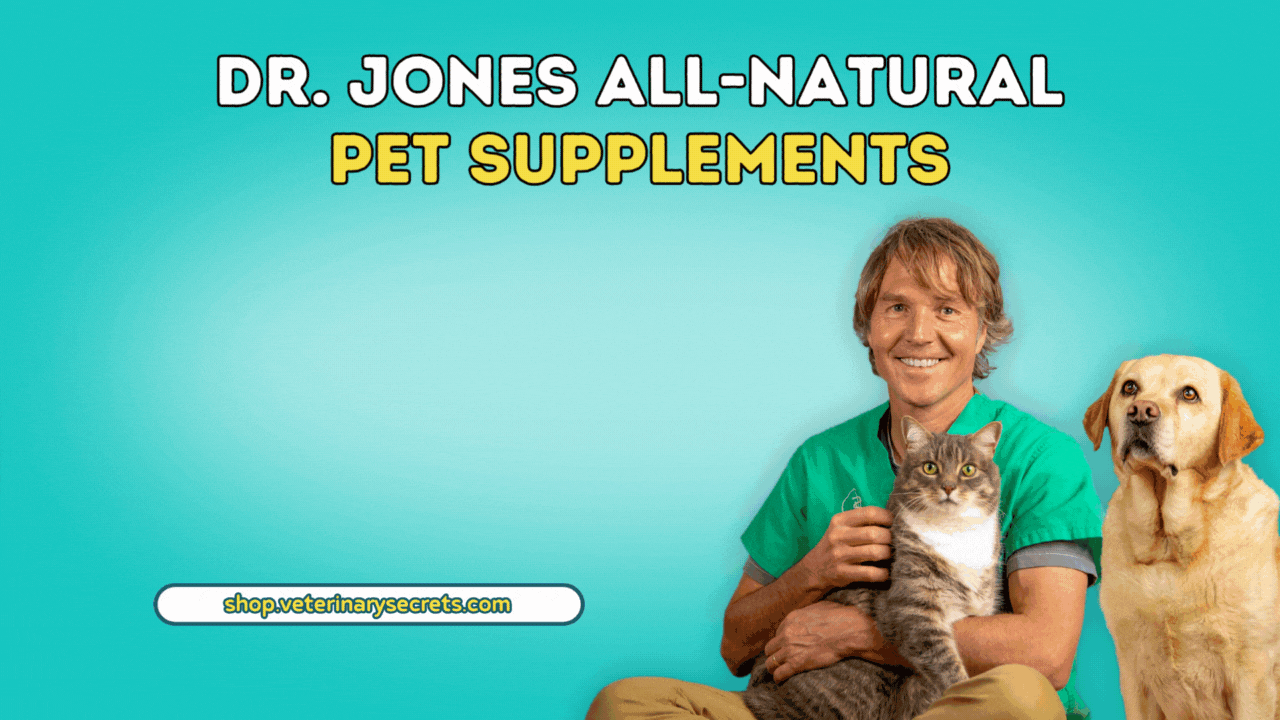Mold, Metal and Worms in Pet Food

Contaminated Pet Food: What You Won’t Believe People Have Found
Welcome back to my channel, and if you’re new here, welcome! Be sure to click subscribe and hit the bell for notifications. Also, check out the link in the description box below, where you can get a free copy of my book. Today, I want to talk about something shocking: the things people have found in their pets’ food. You wouldn’t believe it until you see it for yourself.
Shocking Contaminants in Commercial Pet Food
I just read an eye-opening article by Susan Thickston, from A Truth About Pet Food, where she shared tweets, posts, and stories from people about the disturbing things they’ve found in commercial pet food. Let me tell you, it’s alarming.
Mold and Fungal Toxins
One of the most common contaminants reported is mold. Imagine pouring out kibble for your dog or cat, and what comes out? Huge chunks of mold. This is more common than you might think, and it’s disgusting. Mold in pet food is no joke – it can lead to serious health issues for pets. Fungal toxins, which are often a result of mold, can cause seizures, liver disease, and kidney damage. These toxins are among the top causes of pet food recalls.
Metal Objects in Pet Food
But it doesn’t stop there. Many people have reported finding metal chunks in their pets’ food. Can you imagine opening a can of food for your dog, only to find a metal screw inside? This is more common than you think. A sharp metal object in pet food could lead to perforations in your pet’s stomach or intestines. In some cases, it can be fatal. It’s a serious safety issue.
Maggots and Worms in Pet Food
Another disturbing discovery is maggots. Yes, maggots. People have found these little white crawlies in their pets’ food, including dry kibble and canned food. The source of these maggots is typically fly eggs, which hatch in the food. This is a serious quality control issue. Flies carry fecal matter, bacteria, and other contaminants, which can make your pet seriously sick.
What Should You Do?
So, what should you do if you find something like this in your pet’s food? First, report it to the FDA. Finding metal, mold, or maggots could be life-threatening to your pet. But more importantly, we as pet owners should be feeding our dogs and cats less of this commercial pet food.
For instance, last night for dinner, I made a beef barley stew for my dog, Jula. She didn’t get any of that commercial garbage – she had homemade, healthy food.
Demand Better Quality
The bottom line is this: demand better from pet food companies. Your dog or cat should never have to eat food that contains mold, metal chunks, or worms. If you find something like this, don’t just post it on social media – report it to the FDA.
Thanks again for watching. Remember, we have the power to demand better for our pets.







so if I give them antihistamines that should cure them as well as moving them to a mold free location ?
Antihistamines can help reduce inflammation caused by mold, which can lead to itching.